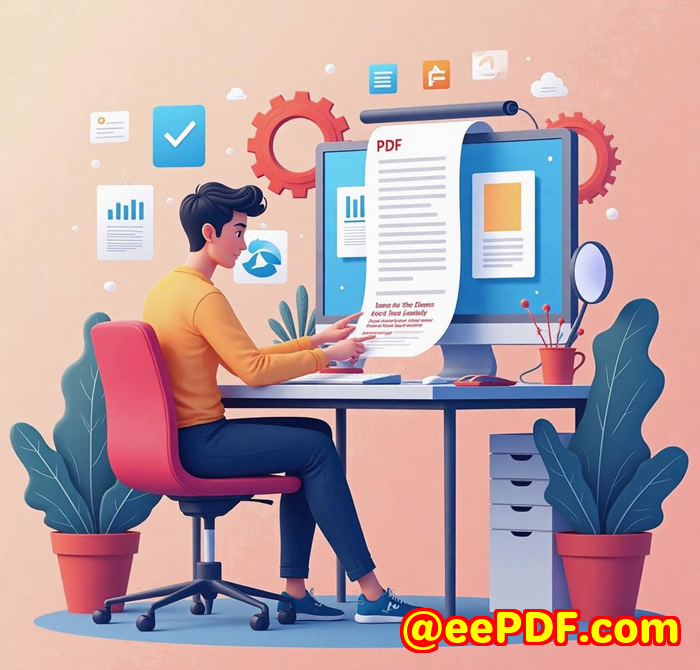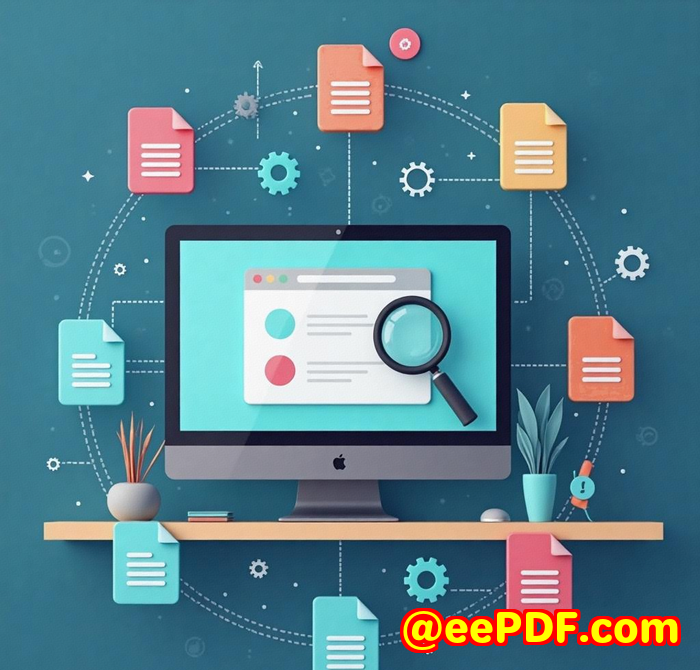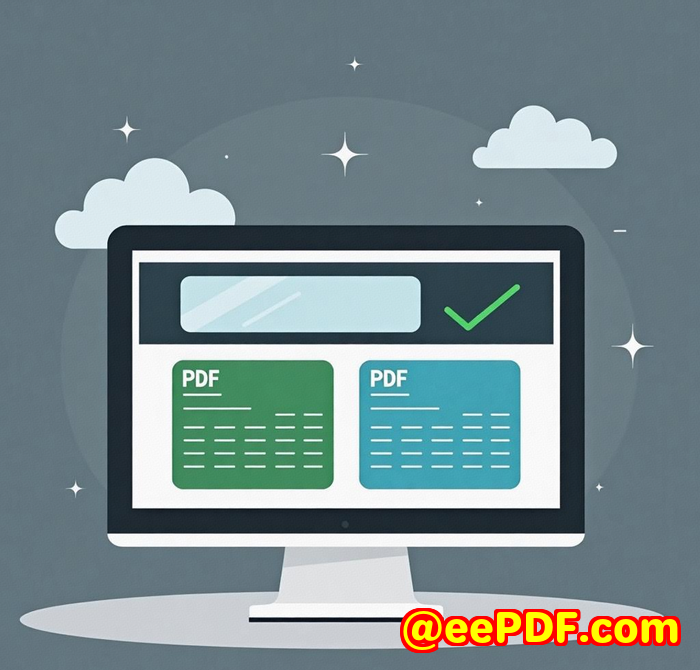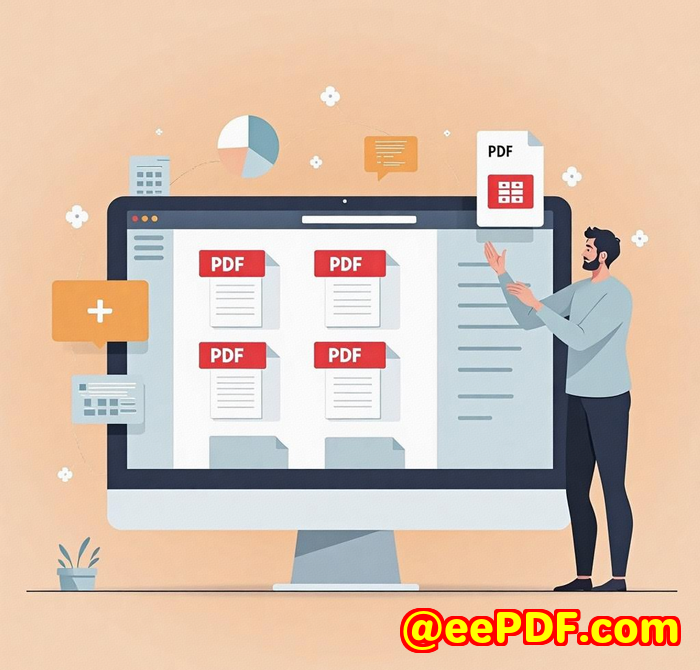VeryPDF Webpage to PDF API vs Zamzar Best Solution for Dynamic Web Content Conversion
VeryPDF Webpage to PDF API vs Zamzar: Best Solution for Dynamic Web Content Conversion
Every time I had to turn dynamic web content into PDFs, I'd hit a wall. My usual go-to tools were slow or produced clunky results. If you've ever struggled with converting live web pagesespecially those loaded with dynamic content or complex CSSyou'll know what I mean. The frustration of ugly layouts, missing elements, or conversion errors is real.

That's when I stumbled upon VeryPDF Webpage to PDF Converter API for Developers. Compared to other tools like Zamzar, this API blew me away with its speed, accuracy, and developer-friendly integration. If you work with dynamic web content and need a reliable way to convert it into polished PDFs, this is a game changer.
Why Developers Need a Robust Webpage to PDF API
Developers and businesses often face the challenge of converting web pages into PDF documents for archiving, sharing, or processing. But not all APIs handle dynamic content well. Many struggle with JavaScript-heavy sites or CSS grid layouts, resulting in broken output.
That's the pain point I encountered with tools like Zamzar. While Zamzar offers decent file conversions, it's not designed specifically for dynamic web content. This meant frequent errors or tedious manual fixes.
In contrast, VeryPDF's API is built on a Google Chrome-based rendering engine, which means it processes web pages exactly like a modern browser. This gives it an edge in preserving complex layouts, styles, and interactive elements.
Core Features That Make VeryPDF Stand Out
Here's a quick rundown of the features that impressed me most:
-
Advanced Chrome-based rendering engine: This handles all the latest CSS, JavaScript, custom fonts, flexbox, grid layouts, and responsive design elements without breaking a sweat.
-
Fast HTML to PDF conversion: I was regularly getting PDFs in under 2 seconds, even for pages with heavy assets.
-
Customisable PDF output: You can tweak paper sizes, add headers and footers, inject CSS or JavaScript for styling tweaks, and even encrypt PDFs with 128-bit security.
-
Secure and HIPAA-compliant: For anyone handling sensitive data (healthcare, finance), knowing that your content is processed securely without persistent storage is huge.
-
Integration flexibility: The RESTful API works seamlessly with any programming language no clunky SDK needed.
-
Batch processing & webhook support: This lets you automate large-scale document creation without waiting around.
Real-World Examples: How I Use VeryPDF API
I integrated the API into my web app to generate invoices and reports automatically from our client portal. The process was straightforward:
-
I sent the raw HTML of the invoice page via the API.
-
The API returned a high-quality PDF matching exactly how the page looked in the browser, with all charts and branding intact.
-
I added dynamic headers and footers with page numbers and timestamps using the API's options.
What stood out was the consistency. No more tweaking styles or fixing broken pages like with other services.
On another project, I generated social media banners by creating custom Open Graph images from webpages. This used the API's screenshot feature, which grabs live site previews perfectly, even with animated or interactive content.
Zamzar and similar converters didn't support this level of automation or detail.
Comparing VeryPDF API to Zamzar: What Sets Them Apart?
-
Rendering engine: VeryPDF uses a full Chrome engine, while Zamzar relies on older, less capable tech. That means better handling of modern web design.
-
Speed: VeryPDF often returns results in under 2 seconds. Zamzar's process can be slower and less reliable for dynamic content.
-
Security: VeryPDF's HIPAA-compliance and no-storage default settings offer peace of mind for sensitive data handling.
-
Customization: VeryPDF's API lets you control headers, footers, paper size, and CSS injection. Zamzar offers limited options in this area.
-
Developer experience: VeryPDF's RESTful API is easy to integrate, documented well, and supports batch processing. Zamzar is more file-conversion focused, not tailored for web page workflows.
Who Benefits Most from VeryPDF Webpage to PDF API?
-
Web developers looking to automate the generation of PDFs from live sites or web apps.
-
Content managers and marketers who need to archive or share polished versions of webpages or blog posts.
-
Healthcare and financial services requiring secure, compliant PDF workflows.
-
E-commerce platforms creating dynamic invoices, order summaries, or product catalogues in PDF format.
-
Social media teams automating the creation of Open Graph images for dynamic content sharing.
Why I Recommend VeryPDF for Dynamic Web Content Conversion
If you regularly convert dynamic, complex webpages into PDFs, VeryPDF's API is hands-down the best option I've tried.
It solves these practical problems:
-
Consistent, pixel-perfect PDF output for any HTML content, no matter how complex.
-
Rapid turnaround times that won't slow down your workflows.
-
Customization and security features that fit professional needs.
-
Easy integration into your existing software stack with little hassle.
I'd recommend this API to any developer or business tackling large volumes of web content conversion who need a dependable, scalable solution.
Try it yourself here and see the difference: https://www.verypdf.com/online/webpage-to-pdf-converter-cloud-api/try-and-buy.html
Start your free trial now and boost your document conversion productivity!
Custom Development Services by VeryPDF
VeryPDF also offers tailor-made development services to fit your exact technical needs.
Whether you need custom PDF processing on Linux, macOS, Windows, or cloud platforms, their expertise covers:
-
Utilities and tools built with Python, PHP, C/C++, Windows API, JavaScript, C#, .NET, and HTML5.
-
Windows Virtual Printer Drivers that create PDFs, EMF, and image formats from any Windows printer.
-
Advanced document format processing: PDF, PCL, PRN, Postscript, EPS, and Office files.
-
Barcode recognition and generation, OCR for scanned documents, and layout analysis.
-
Report and form generation, image and document management, cloud conversion and viewing.
-
Security features including digital signatures, DRM protection, and TrueType font embedding.
For bespoke solutions, reach out through their support center at http://support.verypdf.com/ and discuss your project.
Frequently Asked Questions
Q: Can I convert multiple webpages in one batch?
A: Yes, VeryPDF supports batch HTML to PDF conversions. Just manage concurrency as per your subscription plan.
Q: Is my data stored after conversion?
A: By default, no. VeryPDF does not store your files unless you enable optional storage for up to one month.
Q: What happens if I exceed my monthly conversion limit?
A: Additional conversions will be billed as overages according to your plan's rates.
Q: Can I customize the PDF output (headers, footers, paper size)?
A: Absolutely. The API supports extensive customization options including custom headers, footers, paper sizes, and CSS injection.
Q: Do I need a specific SDK to integrate the API?
A: No, the API is RESTful and easy to use with any programming language. Documentation is available to help you get started quickly.
Tags/Keywords
-
VeryPDF Webpage to PDF API
-
Dynamic web content conversion
-
HTML to PDF API developer
-
Secure PDF generation API
-
Automated webpage to PDF conversion
If you're serious about reliable, fast, and secure web content conversion, VeryPDF's Webpage to PDF API is the tool I'd trust every time.



